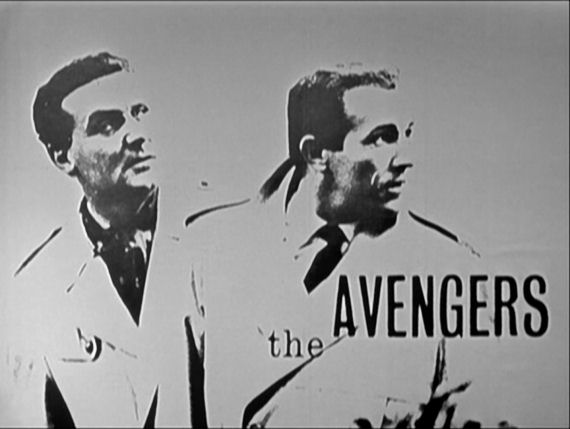
On January 7, 1961 (when I was 14 years old), a new TV show appeared on British TV, called The Avengers. This was a couple of years before Marvel brought forth a comic book featuring Thor, Iron Man, Hank Pym the Ant Man and The Hulk facing off against a puny god name of Loki. It starred an actor named Ian Hendry as Dr. Henry Keel, whose fiancée had been murdered by a gang of opium smugglers. Now, if you’re nostalgically thinking about Patrick Macnee with Diana Rigg or Honor Blackman (or even Linda Thorson), forget it—at least at the beginning! This particular series had an “also starring” for Patrick Macnee as John Steed, who came into the episode only after the initial 15 minutes (which is all that survives of episode 1). They were called “The Avengers” because Dr. Keel (and Steed (as a government agent of some kind) were trying to find those responsible for Peggy, Keel’s fiancée’s, death. Steed doesn’t wear a bowler or carry a brolly (Fig. 2) in the first season; in fact, both men wore trench coats! Because the whole first season was filmed “live on videotape,” only a couple of episodes survive, because the studio (as was the custom) retaped over the old episodes, as tape was expensive. I’ve seen the 15-minute portion of episode 1, but have been unable to get either of the two surviving complete episodes. (According to Wikipedia, Steed doesn’t even appear in two episodes of the original season.) But, although I haven’t missed much—neither have you—by what Wikipedia says, it’s still too bad from a “completist” view that I haven’t seen more of the first season. Partway through that season, however, there was a strike, which disrupted filming, and Hendry quit the series to pursue a film career (which never made him as famous as Macnee became, just sayin’.)Macnee was given the lead in Season 2, along with a couple of substitutes, but it was his second female costar, in the person of Honor Blackman, who really helped the series take off.
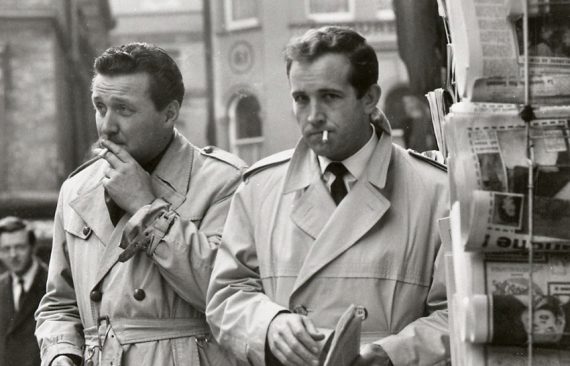
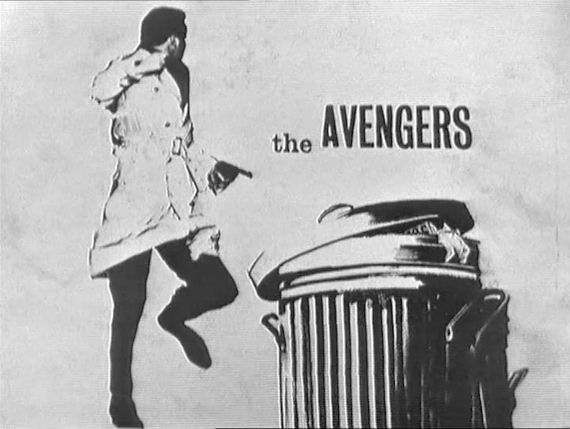
Season 2, which introduces costar Honor Blackman as (Mrs.) Cathy Gale (Figure 4), brought a new look to the show; gone are the trenchcoats and the “avenging” motif. As you can see from Figure 3, John Steed (still working for some unnamed government-type agency) is working his way out of the previous “look,” but still not in the bowler-hatted Edwardian-suited look so familar to Avengers fans. Dr. Gale is described as an “enthusiastic amateur” and an anthropologist; skilled in unarmed combat, she (and in the early Season 2 videos you can see clearly that she has no stunt double and is performing these stunts live) uses Judo to throw her opponents around with abandon (a feat she would later perform on James Bond as well, with Sean Connery, in Goldfinger [“I must be dreaming,” Connery muses, as he lies on his back in the straw after being thrown by Honor’s Pussy Galore.]). (In later life, Blackman complained that all these judo moves were hard on her lower back; she said she had to land on the base of her spinal column on hard surfaces and didn’t have much padding on her bottom.) When performing throws and action sequences, Dr. Gale’s favourite outfit was a black leather suit (Figure 4), which probably influenced a whole generation of British young men, and helped boost The Avengers’ popularity. Although the storylines in the next two years, during Blackman’s tenure as costar, weren’t yet those lighthearted “break the fourth wall” op-art romps that most people think of when they think of The Avengers, the series was ramping up; and it was fun to see people fluff their lines and recover—up until halfway through the second season, when they moved from videotape to actual film. Another odd thing was the relationship between Dr. Gale and John Steed. There was an actual tension there that didn’t seem to be sexual—and at times Dr. Gale seemed to resent being told to help Steed; Steed was not yet the urbane, witty person we came to know later—in fact, he was (at least to my eye) somewhat unpleasant at times. Perhaps a hangover from his original character, methinks. There was also a female secondary character named Venus Smith ( but she didn’t last. At the end of Series 2, Cathy Gale became Steed’s only partner.
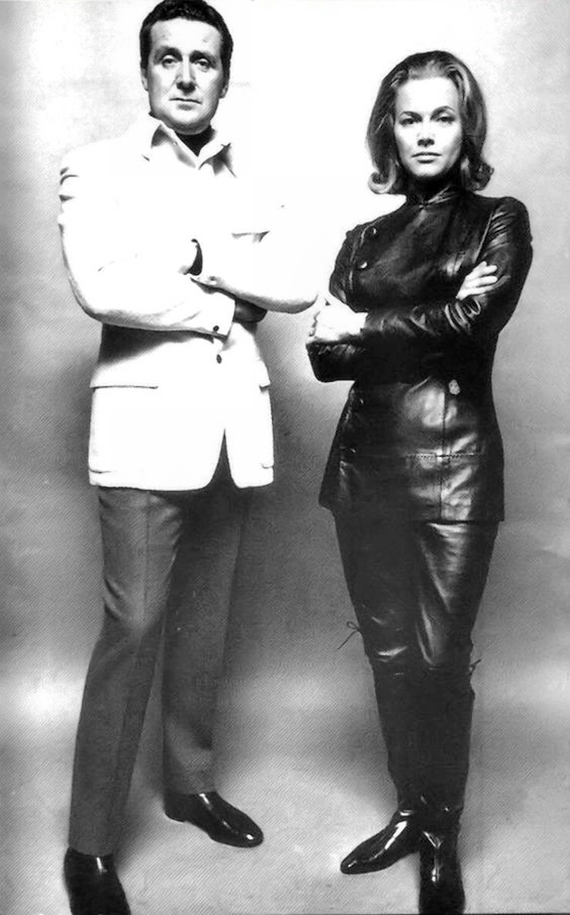
At the end of Series 3 (1964), Blackman got the aforementioned role in the Bond film and, since she was unable to film in Britain and the U.S. at the same time, left the series. To replace her, the producers auditioned dozens of young female actors, and finally settled on the one actor who was more responsible (I believe) for bringing the series into the public eye than any other—I am, of course, referring to Diana Rigg. As Mrs. Emma Peel, she had a younger, more feminine look than Honor’s Cathy Gale, and there appeared to be a certain sexual tension between Steed and Peel that to me, at least, had been lacking between Gale and Steed. Of course, Mrs. Peel was married, though we knew nothing about her husband until her last episode. Also, Steed—wearing Pierre Cardin suits—had transformed into the witty, urbane gentleman we Avengers watchers are all familiar with; the sixties, with all their op art and funky boutique clothing, were transforming the series too, into a more light-hearted romp than previously. Diana Rigg was not happy with the leather suits bequeathed to her character by Cathy Gale, and was soon wearing slinky cloth outfits in various “mod” colours and patterns even though the series was still black-and-white (Figure 5) for the last time, but on film (vs. videotape) for the first time; Season 5 would be in colour. Science-fictional elements such as robots, and other futuristic scientific elements began appearing in the stories, along with a tendency to play with the fourth wall a bit. Rigg was a bit more “elfin” than Blackman; and although Cathy Gale’s “kinky boots” had figured in the dreams of many a young man, the more slender figure of Mrs. Emma Peel swiftly overtook the older dream. Incidentally, when auditioning actors for the role, it was decided by writer and associate producer Brian Clemens that they needed an actress with “man appeal,” or “M” appeal, which soon informed the character’s name.
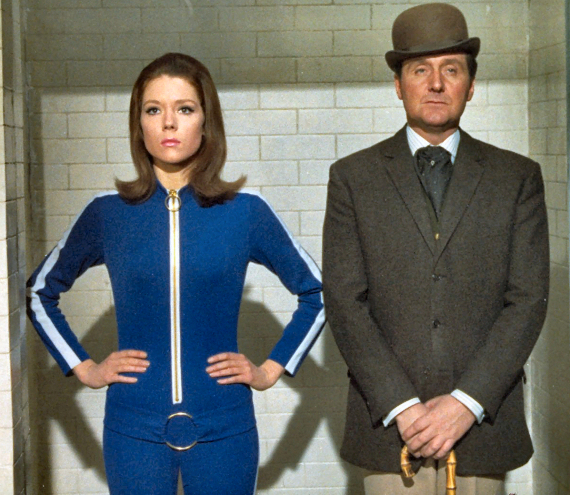
In a Christmas-themed episode aired before Christmas 1965, Steed receives Christmas cards, opened by Mrs. Peel. One of them is from Cathy Gale, in a nod to Honor Blackman. The “Steed and Mrs. Peel” era lasted from 1965 to 1968. Rigg left the series in the late fall of 1967—coincidentally, to be another James Bond co-star (with George Lazenby in On Her Majesty’s Secret Service) as had happened with Blackman—and series originator/producer Brian Clemens and his co-producer Albert Fennel were replaced by John Bryce, who had produced most of the Cathy Gale/Honor Blackman episodes. A “return to reality” was announced; the series’ more fanciful elements were to be downplayed, and Bryce’s then-girlfriend (according to Wikipedia) Linda Thorson became the new female face of The Avengers. At the beginning of the 1968 series, in an episode called “The Forget-Me Knot,” Steed met agent Tara King who, in a nod to Honor Blackman, tossed him over her back in a Judo throw at “Mother’s” headquarters. “Mother,” the first senior officer we’d seen in Steed’s secret agent world, was a large man in a wheelchair, who appeared in several other episodes. Before this episode was filmed, Bryce was fired and Clemens and Fennel rehired due to budget overruns and studio politics (reading between the lines); and Rigg was brought back (although filming on the Bond movie was over, her film career was taking off) to film interstitial scenes and a “farewell” scene: Steed and Mrs. Peel keep getting hit with a dart containing a memory eraser, and constantly forget who they are and what they are supposed to be doing; Tara King, as a new agent, is sent to find—and kill—Steed because Mother’s policy is that an agent who disappears is obviously an agent who’s defected. Tara doesn’t believe this is true of Steed (who simply doesn’t know who he is), and manages to rescue him and Mrs. Peel. At the end of the episode, Mother phones Steed to tell him to read the newspaper; we see the story that Mrs. Peel’s husband, a famous aviator who disappeared over Africa, has been found! Steed tells Mother that he (Mother) will have to find him a new partner—“You know what I like,” Steed says—and Mrs. Peel reappears in Steed’s apartment to tell him goodbye; her husband is outside to take her away. As Mrs. Peel descends the stairs outside Steed’s apartment she meets Tara King coming up, and tells her “He (Steed) likes his tea stirred anti-clockwise!” Steed watches from the window as Mrs. Peel gets into a sporty convertible driven by a man who is dressed identically to himself—bowler and brolly and all! Mrs. Peel blows him a kiss as they drive off.
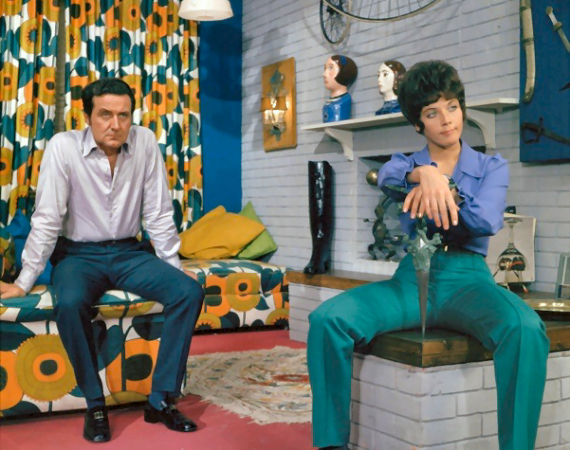
Tara King (Thorson) is the first actual agent partner Steed has had—both Cathy Gale and Mrs. Peel had been described as “talented amateurs”—but since Clemens was back as producer, the promised “return to realism” didn’t happen (as far as I can tell; I haven’t seen every one of Tara King’s episodes). Instead, it seems that Clemens and Fennel just went on doing what they had been doing; there were episodes with clones, robots, underwater headquarters for Mother and Ghu knows what else. Like many other watchers, I was less than thrilled with the substitution of Thorson for Rigg.
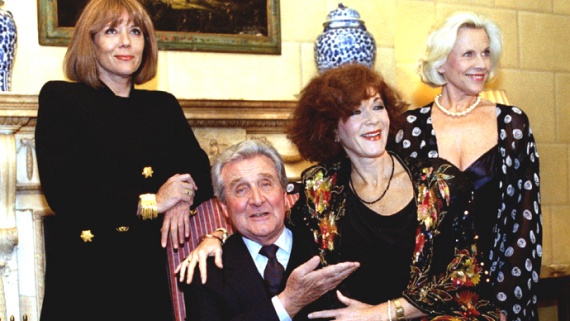
Frankly, I still am—and have had a hard time watching the Thorson episodes. As far as I can tell, the Thorson episodes doomed the show; viewers departed in droves. Thorson—who had what I would consider amazing eyes (I’m a sucker for pretty eyes)—was not as svelte as either Rigg or Blackman, nor as “skilled” in unarmed combat; in the episodes I’ve watched where she is performing the Judo throws she appears as amateurish as can be, where Blackman actually practiced Judo. In addition, her wardrobe was not as flattering as either of her predecessors’ clothing, and she didn’t seem to wear it with the same grace as the other two women. Her acting can best be described as adequate. I realize all this is unfair to Ms. Thorson; she did the best she could, but the show basically died after two years.
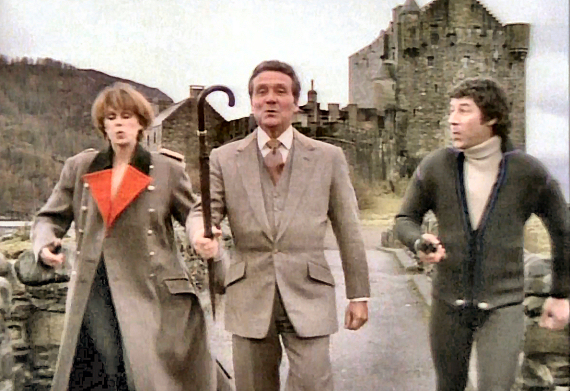
Eight years later, Clemens revived it as The New Avengers, giving John Steed two new sidekicks: Purdey, played by the gorgeous (my opinion) Joanna Lumley, and Mike Gambit, played by Gareth Hunt. The picture in Figure 8 is from the first episode, “The Eagle’s Nest,” in which a monastery on an island off the British coast is full of ex-Nazis who are planning to revive the frozen body of Adolf Hitler. After Our Heroes foil the wicked ones, they walk away from the monastery whistling the “Colonel Bogey March” from Bridge Over the River Kwai. Although it was well done, the magic—even with Purdey (surely the first character in British TV named after a shotgun!) and Gambit for eye appeal to both genders—didn’t seem to be there; the final four episodes of the second, and final, season were filmed on location in Toronto as The New Avengers in Canada.
Oddly enough, all the male leads in The Avengers have since died—Patrick Macnee died several years ago at age 93; Ian Hendry died in 1984, and Gareth Hunt died in 2007—but nearly all the main female leads, Linda Thorson, Honor Blackman, and Joanna Lumley, are alive, with the sole exception of Diana Rigg, who had been a significant figure in the recent Game of Thrones series. There have been paperback adaptations and spinoffs/offshoots of The Avengers, as well as comic/graphic novel adaptations; there have also been radio plays—some original, some adaptations of the TV scripts—and a stage play! As well, Big Finish Studios has announced (and possibly produced) full audio adaptations of the missing episodes from Season 1; also have announced plans to do 26 episodes altogether. And, finally, we come to the movie The Avengers (1998). No, not the Marvel movie. This was an entirely forgettable something which starred Ralph Fiennes as John Steed and Uma Thurman as Emma Peel, plus—if memory serves—Sean Connery as a villain. Oh, yes, there he is in the poster (Figure 9). Although Thurman fills a pleather jumpsuit nicely, it was so bad I can barely remember it and—not even for you, dear readers—I won’t rewatch it if I can help it. The movie bombed; it didn’t even make back production costs.
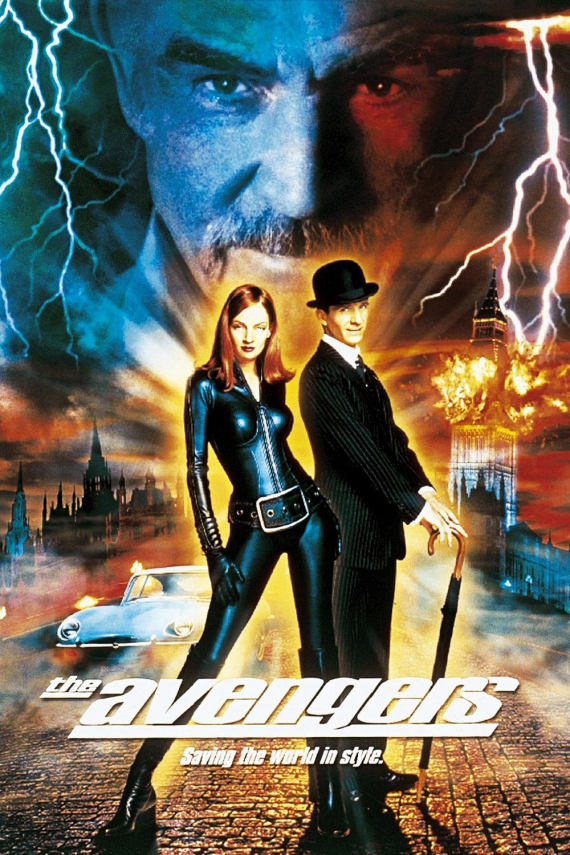
So ask me: did I like The Avengers? Actually, all things considered, I did—rewatching the old episodes has been fun. It’s been fun watching them go from live/tape to film; from black-and-white to colour; from serious to light-hearted; and the characters and roles as they developed have been fun to watch—yes, even Tara King. (By the way, during her “reign,” I watched an episode called “Invasion of the Earthmen,” which has been described by one blogger as “Star Trek meets Plan 9,” and which starred a young Warren Clarke, whom you may know as Inspector Dalziel (pronounced “dee-ell”—it’s a Scottish name) from the TV show Dalziel and Pascoe, originated by crime writer Reginald Hill. Not genre, but fascinating character work; it was a shame when Clarke died. If you haven’t watched Dalziel and Pascoe, perhaps you remember Clarke as “Dim,” one of Alex’s droogs, from A Clockwork Orange. It wasn’t till I saw this episode that I realized that Dim and Dalziel were one and the same person!) So, I don’t know how people who don’t have that nostalgic connection might view The Avengers and The New Avengers, but if you watch all but Season 1 (which is mostly unavailable anyway), you might actually have fun! I know I did. (Oh, and as regards the Pierre Cardin Edwardian suits: partway through the Tara King episodes the end credits say “Patrick Macnee’s suits by Himself”! Not sure exactly how accurate that is.)
Last Words: In all the verbiage above, I’m not sure I actually talked about what The Avengers actuall do (or did), so let me say this: although I’ve only seen the 15 minutes of the first episode that’s available, it seems clear that the first few (perhaps four) episodes were Dr. Keel trying to avenge his dead wife Peggy with the aid of Steed—who was there as the government’s agent to clear up the drug-dealing ring; then Keel and Steed probably rounded out the first season clearing up other criminal groups and/or conspiracies. After Dr. Keel left, Steed and his part-time partners Venus Smith (Julie Stevens) and Dr. Martin King (Jon Rollason)—until Cathy Gale came along—weren’t really “avenging” at all; they were going after higher-level crime or espionage on a wider scale. I should also talk about the opening sequences and theme music a bit, I think. The well-known theme by Laurie Johnson didn’t actually begin until 1965, when Emma Peel joined the team; there were several different openings prior to then as well. With the Diana Rigg era, the “mod” 60s, The Avengers settled into the lighthearted science-fiction-tinted “spy-fi” that’s so well known today.
I’d like to hear what you say about this column—compliments or brickbats—you can post here or even by email: stevefah at hotmail dot com.
My opinion is, as always, my own, and doesn’t necessarily reflect the views of Amazing Stories or its owners, editors, publishers or other columnists. See you next time!
Steve has been an active fan since the 1970s, when he founded the Palouse Empire Science Fiction Association and the more-or-less late MosCon in Pullman, WA and Moscow, ID, though he started reading SF/F in the early-to-mid 1950s, when he was just a sprat. He moved to Canada in 1985 and quickly became involved with Canadian cons, including ConText (’89 and ’81) and VCON. He’s published a couple of books and a number of short stories, and has collaborated with his two-time Aurora-winning wife Lynne Taylor Fahnestalk on a number of art projects. As of this writing he’s the proofreader for R. Graeme Cameron’s Polar Borealis and Polar Starlight publications. He’s been writing for Amazing Stories off and on since the early 1980s. His column can be found on Amazing Stories most Fridays.


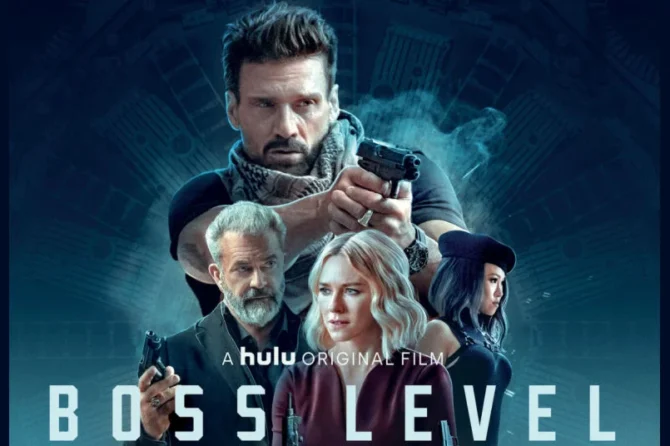
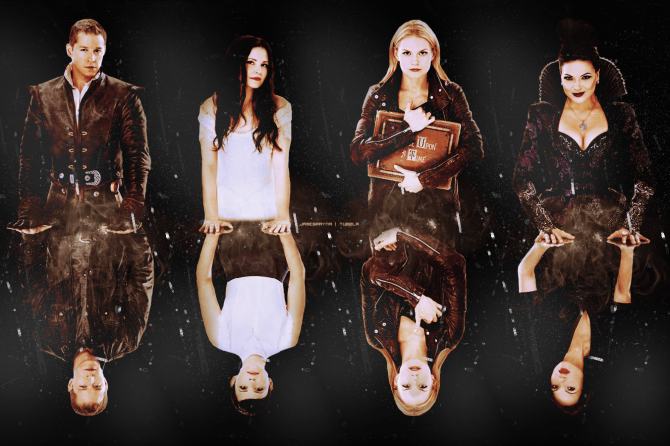
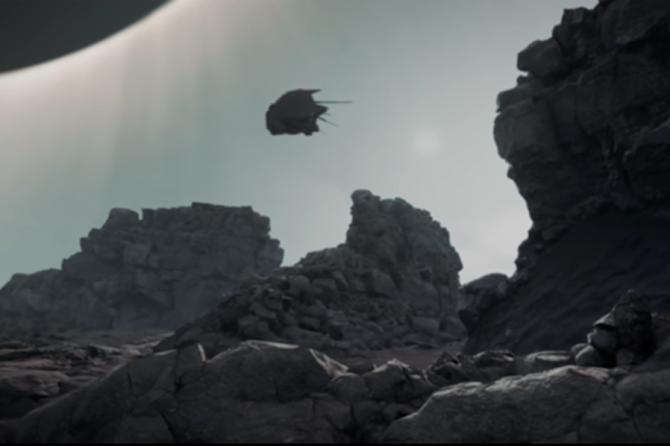
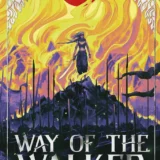


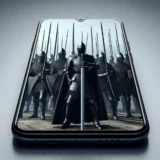
I would caveat the review that there is no “opinion” involved. Joanna Lumley is prima facie gorgeous. That’s simply a fact.